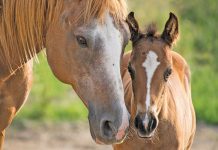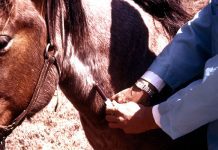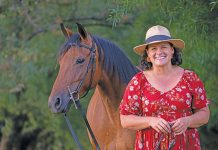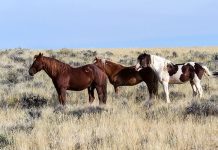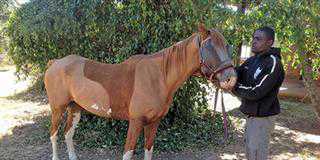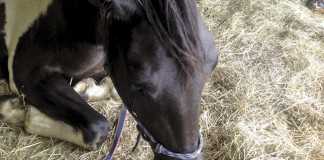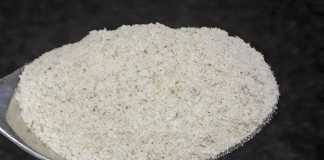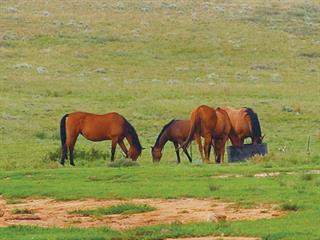
More than 70% of the human body is made up of water – and horses are no different. Water is required for every bodily function, from brain activity to waste excretion. And even if your horses aren’t working, it’s important that they’re drinking. The problem can get much more serious in competitive animals.
A serious problem
Horses that are working very hard require good clean water and a horse that refuses to drink has a serious problem. Not only will it lose condition, it could dehydrate.
What are the most common reasons why your horse refuses to drink?
- Although an automatic drinker saves labour it can create problems. The automatic drinker can be a frightening monster that hisses, especially when it’s refilling after a horse has drunk. Also, it’s impossible to know whether your horse has been drinking at night. A water bucket will still be full in the morning if there’s a drinking problem.
- A water bucket that smells “off” will definitely prevent the horse from drinking. Never use a water bucket for anything other than water.
- When a water bucket is dirty it will make the water taste strange to the horse. The water bucket should be scrubbed out every morning with a strong salt solution.
- If the water has more fluoride than your horse is used to, he’ll stop drinking.
- Horses in the wild expose themselves to great danger when they go down to a watering hole. Thus, natural instinct will have a nervous horse thinking twice before drinking. Even the slightest noise can put them off.
Ways to avoid the problem:
- With an away event, take a large container of water from home with you – your horses will be used to the taste.
- Also, take along their usual water bucket. This reduces their chances of contracting diseases and can also encourage a fussy drinker.
- Putting a salt block in the stable might make the horse thirsty enough to drink. If the horse is a good eater, you can place the rock salt in its feed.
- Boiled barley is a good way of replacing lost fluids in a horse that will eat but not drink.
- Soaking hay in a sack overnight using a clean bucket will also present a good source of water. Be sure to introduce this damp hay slowly, as it could cause colic.
If the drinking problem persists seek a vet’s advice.


